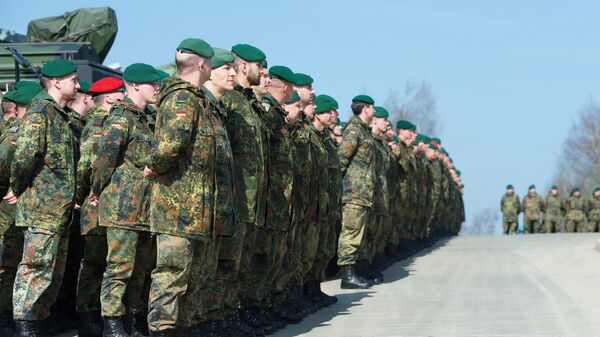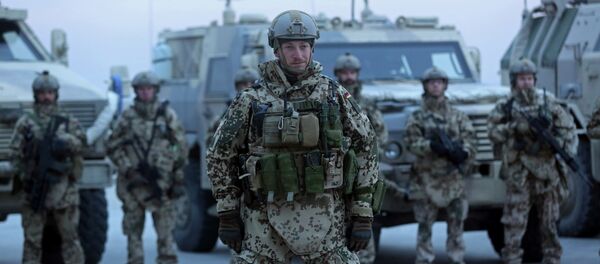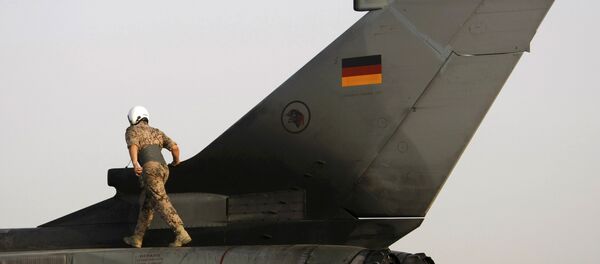"The draft mandate states its objective is the "prevention and suppression of terrorist acts by IS (Daesh)," wrote Suddeutsche Zeitung, reporting that the most important legal basis Berlin cited is that of collective self-defense, under Article 51 of the UN Charter.
It additionally cites a UN Security Council resolution passed following the Paris terror attacks on November 13, which was drafted by France and urges UN members to "take all necessary measures" in the fight against Daesh.
Support for France is also justified under article 42(7) or the mutual assistance clause of the Treaty on the European Union, which was invoked for the first time by France after the terror attacks.
On Tuesday the German parliament approved the government's plans to send up to 1,200 troops in service support roles to assist forces fighting Daesh. Germany will spend €134 mln ($142 mln) on anti-Daesh operations, which have a mandate until the end of 2016.
The bill named France, Iraqi and coalition forces as those who will be assisted by German troops, and the extent of cooperation with US, Russian and Syrian government forces in Syria is unclear, reported DWN.
German Defense Minister von der Leyen said on Monday that though the German government continues to believe that Assad should leave office, "there are some elements of Syrian troops which are very capable – as in Iraq, where the training of local troops has taken place successfully. This example can also be followed here."
Speaking to the Bild newspaper on Tuesday, German Foreign Minister Frank-Walter Steinmeier called for the mobilization of "all forces" to defeat Daesh, including the possibility of cooperation with Syrian government forces.
"As long as the parties to the Syrian civil war fight among each other and wear away only at each other, ISIS (Daesh) will have the last laugh," said Steinmeier.




